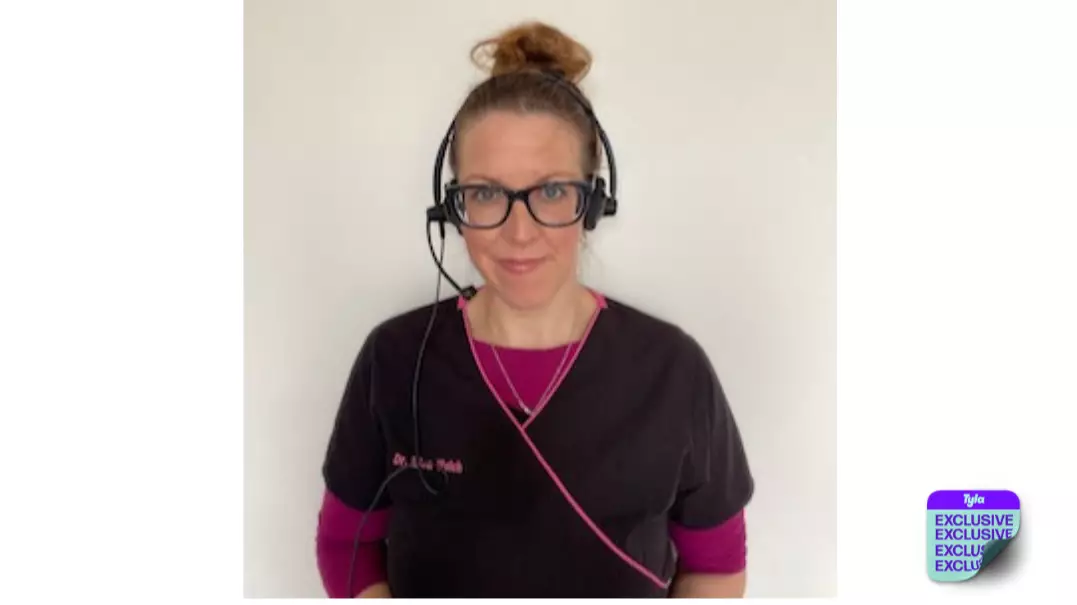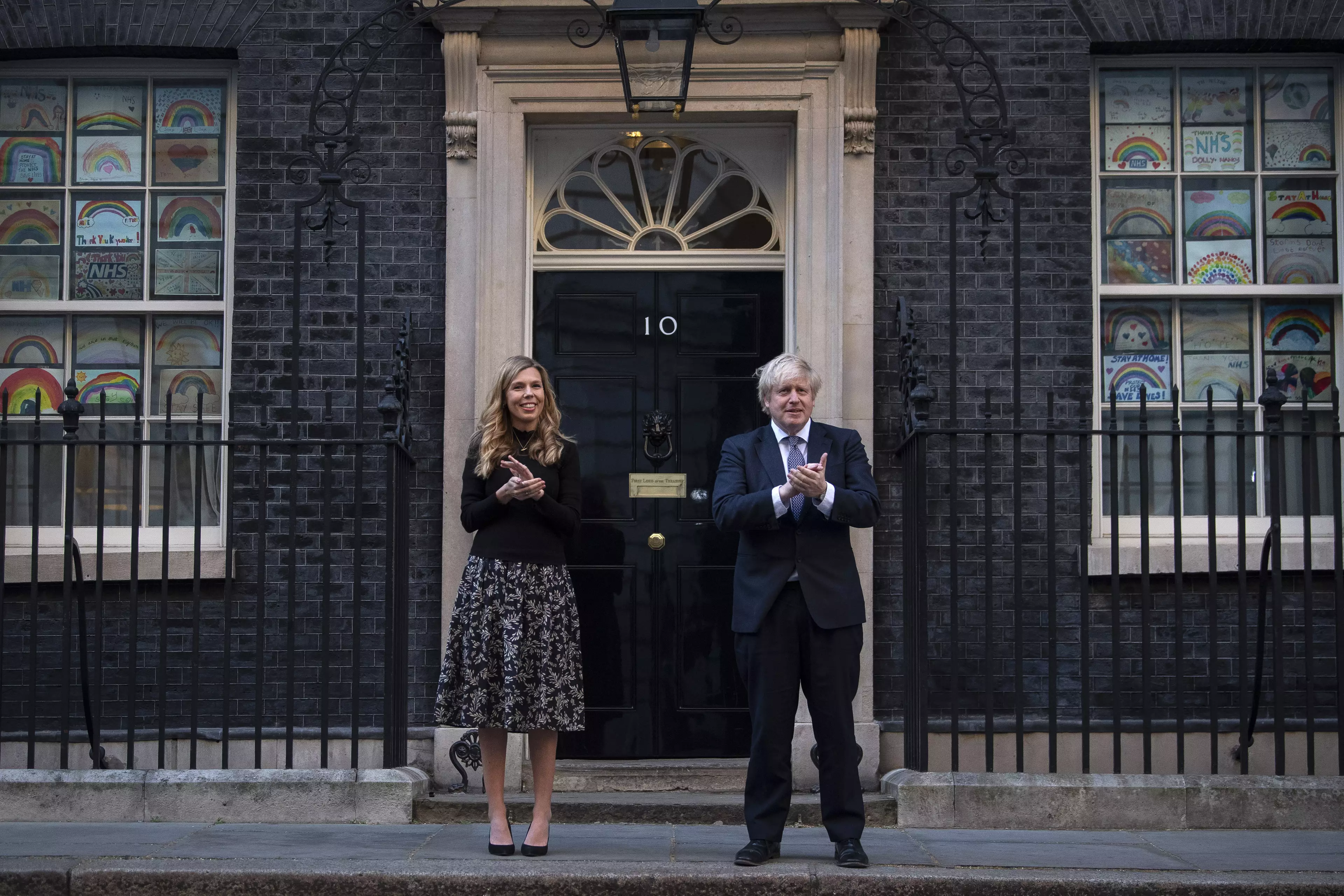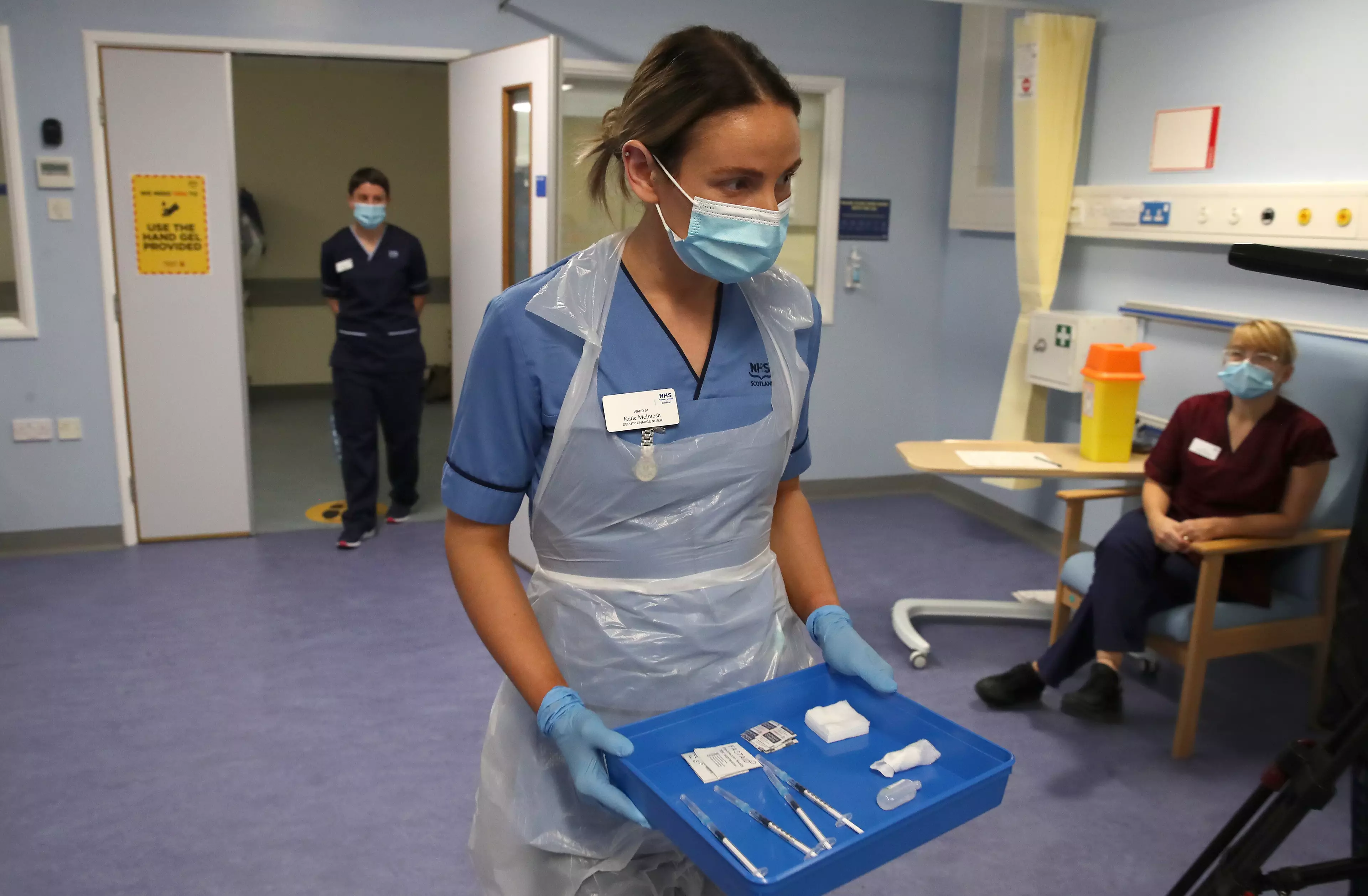
This month saw the return of the national clap for frontline health workers, as the country entered its third national lockdown.
Rebranded as Clap For Heroes, it received a notably quieter response compared than its predecessor Clap For Carers, which gained momentum during the first UK lockdown.
Clap For Carers undoubtedly played a central role in boosting the public's morale, albeit momentarily, as people clapped, banged pots and pans and cheered to show their appreciation for NHS staff and frontline workers from the safety of their homes, front gardens and windows.
Advert

But not everyone has welcomed the initiative, with many frontline workers urging the public to engage in more practical alternatives.
Intensive care registrar and president of the Doctors' Association UK, Dr Samantha Batt-Rawden, asked Twitter users to use the hashtag #NHSblueheart instead of clapping in response to the barrage of abuse staff have received both online and in person from people who deny the existence of covid-19.
She wrote: "Please could I ask you a favour? Instead of clapping for us, could you maybe just stay home for us? And next time, when you have the chance, use your vote for government who will actually fund the NHS and take care of its staff."
Dr Ellen Welch, GP advisor with the Doctors' Association UK, reacted to the return of the clap and its new name.
Advert
"The 'hero' rhetoric has felt like wartime propaganda from the beginning," she tells Tyla. "Labelling NHS staff as heroes distracts from the fact that these are hardworking people who are turning up to do their jobs every day and what they need are adequate working conditions such as proper PPE and proper vaccination; lunch breaks and appropriate staffing levels and equipment - not claps."
Dr Welch is also urging the government to 'provide the public with means to follow the public health guidance' and to 'remove the financial concerns people have around isolating by making provisions for those struggling to take time off work to isolate'.
One of the biggest struggles for doctors and nurses working on the frontline and caring for covid patients right now is the public's 'non-adherence to public health messages,' due to the government's 'ambiguous' definition of a symptom, such as a continuous cough, Dr Welch says.

Advert
NHS staff therefore have 'daily contacts with patient with new coughs and fevers who are either ignorant to the fact they should be isolating with their household and obtaining a covid test' or 'know they have a new cough but choose to interpret the ambiguous government definition of a continuous cough in a way that excludes them from complying' she explains.
Data collected on over 30,000 people by King's College London between March and August 2020 found that only half of the sample were able to name the key symptoms of covid-19.
Further analysis found that of those sampled who reported having the key symptoms of the virus, only 18.2 per cent self-reported they had isolated and 11.9 per cent had undertaken testing.
Of those that had been alerted by NHS contact tracing that they had been in close contact with a confirmed case of covid-19, only 10.9 per cent reported staying at home to quarantine for the following 14 days.
Advert

"Hospital doctors tell DAUK of wards overflowing with patients dying of covid-19, with the common question they ask being 'How did this happen to me?'" explains Ellen.
Instead of clapping, Dr Welch has urged the public to take part in 'practical alternatives', such as staying at home and being aware of symptoms if you or someone you have then or have been in contact with has them. "So many people are not doing this. If you are feeling unwell with any symptoms, in the current climate it would make sense to limit your contacts with others until you have recovered.
"NHS staff are currently on their knees during the worst crisis the NHS has ever seen. They regularly face abuse during the course of their work. They are falling sick - primarily with covid and with mental health problems.
Advert
"What would benefit the workforce more than an empty gesture, would be widespread adherence to public health measures and the ability to do their work free from abuse."
Featured Image Credit: Dr Ellen Welch